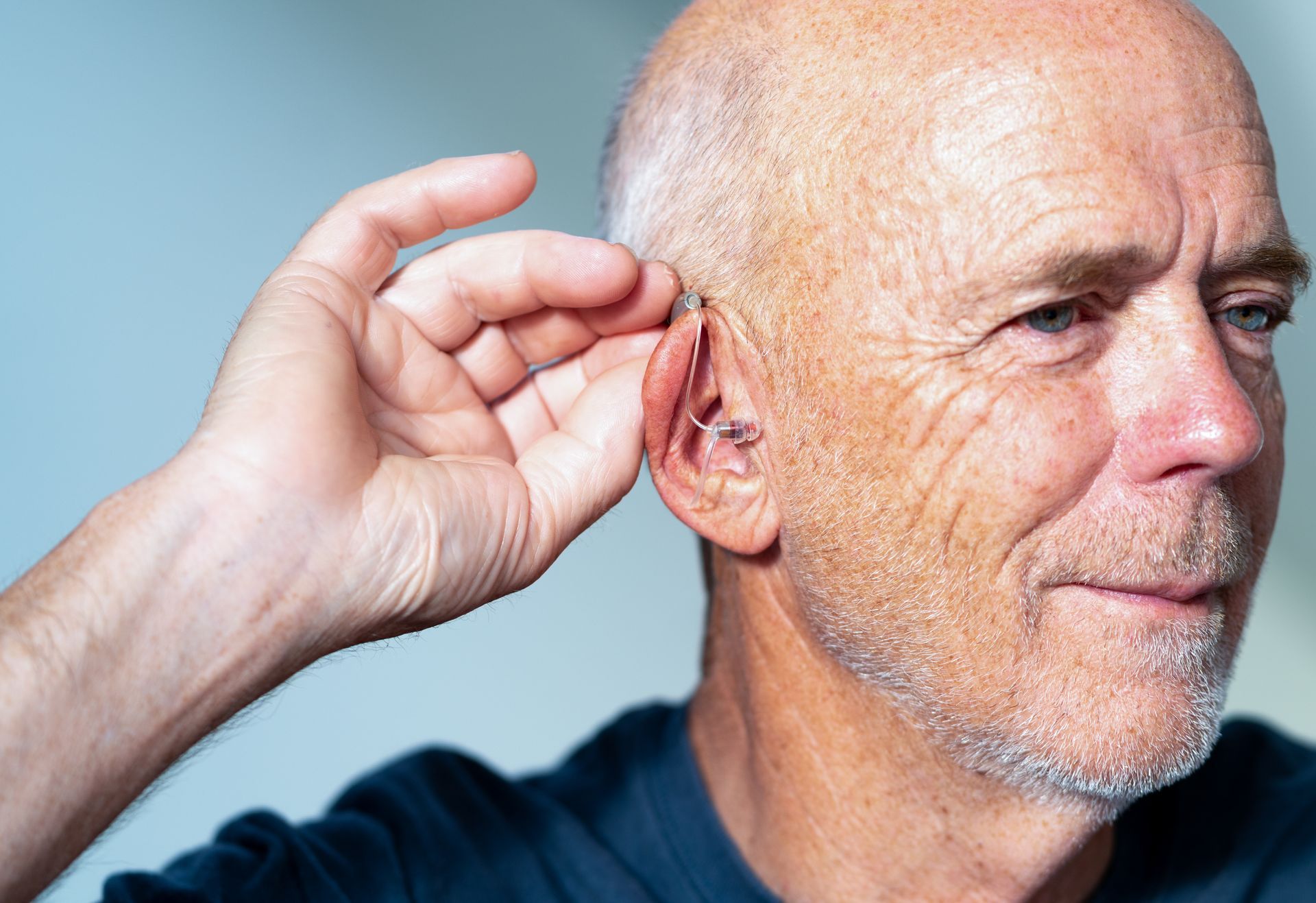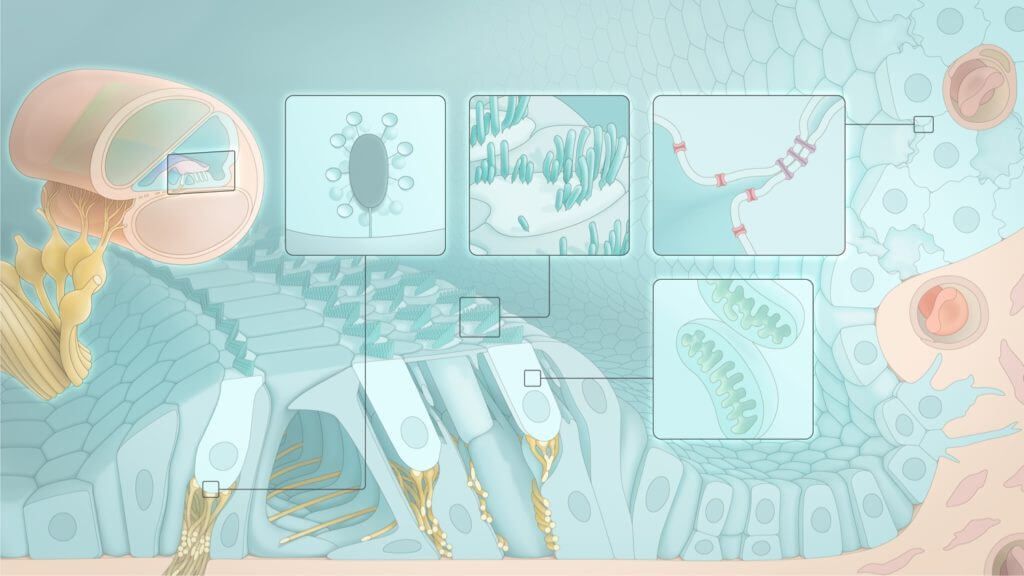What To Know About Ototoxicity
Ototoxicity refers to the adverse reaction to medication that damages the inner ear or auditory nerve. Ototoxic drugs, those capable of causing hearing loss and tinnitus, encompass over 200 medications used to combat serious infections, cancer and heart disease. Although discontinuing the medication might reverse some cases of hearing loss, damage from ototoxic medications can be permanent.
Understanding Ototoxic Drugs and Their Effects
Signs of ototoxicity may appear gradually or begin as soon as you start taking medication. The initial indication of medication-induced hearing damage typically manifests as tinnitus, characterized by a ringing sensation in the ears. Over time, this may progress to hearing loss, initially subtle and often unnoticed, until difficulty in comprehending speech or other auditory stimuli arises. Other symptoms of ototoxicity may include trouble balancing, dizziness and perceiving stationary objects as moving.
Monitoring Your Hearing Health
When beginning treatment with ototoxic drugs, asking a loved one to monitor changes in your hearing is recommended. Since we might not always notice when we’ve missed auditory cues, a loved one can offer valuable insights to help detect any signs of hearing loss and communicate them to your audiologist. A few signs to look out for include raising the volume on the TV, trouble hearing speech in loud environments like noisy dinners at Sea Salt and difficulty understanding children or others with high-pitched voices.
Balancing Risks and Benefits
While potential hearing loss may appear daunting, there are scenarios where the benefits of ototoxic drugs outweigh the risks. For instance, in the treatment of life-threatening conditions such as certain cancers, chemotherapy drugs may be the best option despite their ototoxic effects.
Before embarking on a healthcare regimen involving ototoxic medications, it’s crucial to engage in thorough discussions with your medical team. Understanding the full spectrum of potential outcomes helps you make informed decisions and prepares you for the possibility of hearing damage.
Prioritizing Hearing Health
If you’ve opted to proceed with ototoxic medication, proactive monitoring of your hearing before, during and after treatment is recommended. By prioritizing your hearing health, you can navigate the challenges posed by ototoxic drugs with greater confidence and awareness. Contact Center For Hearing today to arrange a comprehensive hearing evaluation and treatment consultation with one of our trusted specialists.
- Understanding Infant Hearing Loss
- The Relationship Between Exercise and Hearing Loss
- Muffled Hearing: Common Causes and Solutions



